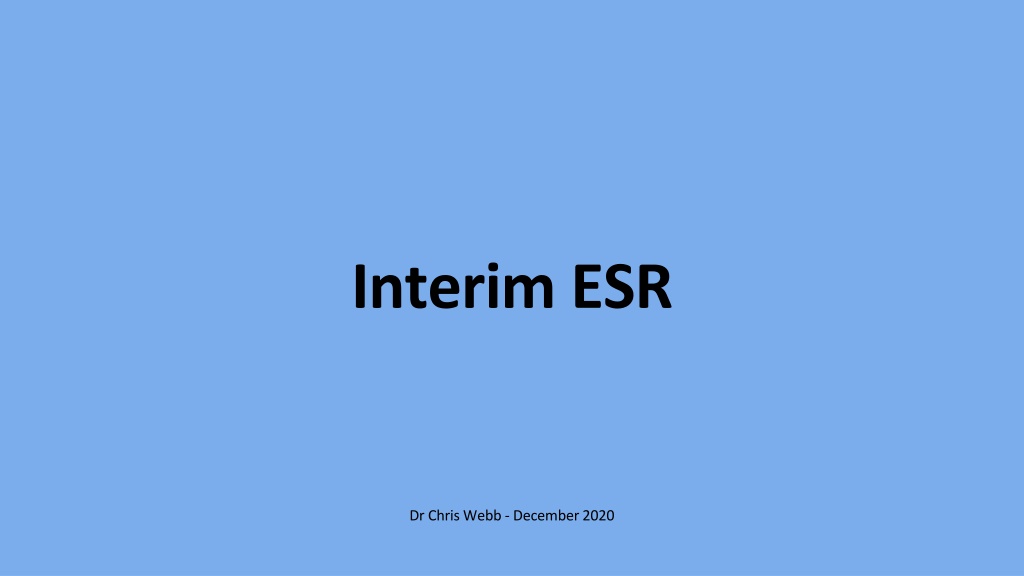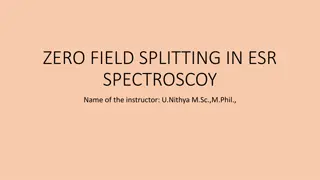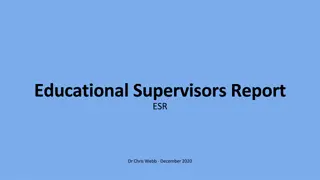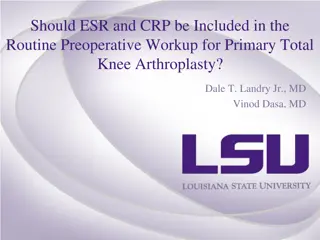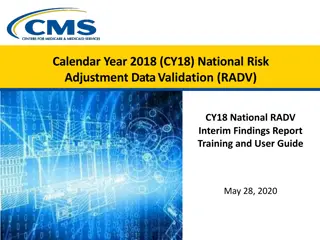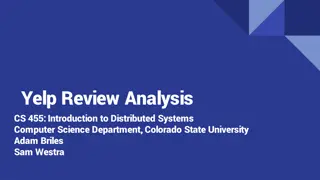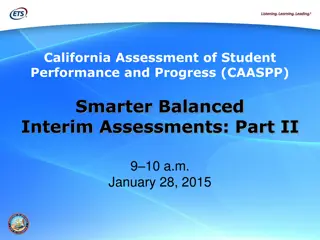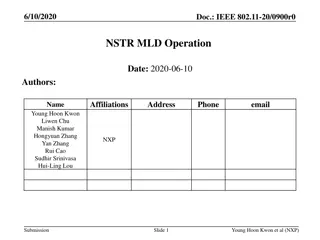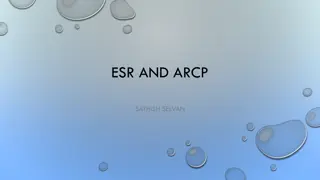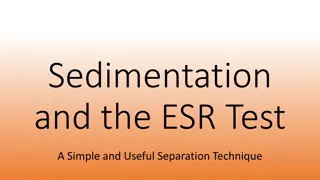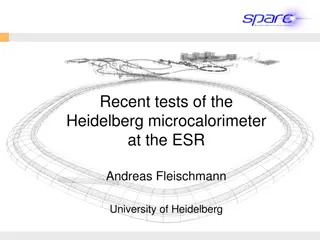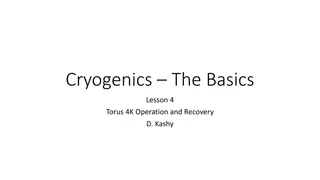Understanding Interim ESR Reviews in Medical Training
Trainees without progress concerns undergo light touch interim reviews instead of full ESRs midway through the year. Interim ESR reviews are crucial between annual ESRs when no ARCP is scheduled. The process assesses progress and ensures support. However, an interim ESR should not be done under certain conditions outlined. The sign-off for an interim ESR differs slightly from a full ESR. Overall, the goal is to ensure trainees are on track for satisfactory progress at their next ARCP.
Download Presentation

Please find below an Image/Link to download the presentation.
The content on the website is provided AS IS for your information and personal use only. It may not be sold, licensed, or shared on other websites without obtaining consent from the author. Download presentation by click this link. If you encounter any issues during the download, it is possible that the publisher has removed the file from their server.
E N D
Presentation Transcript
Interim ESR Dr Chris Webb - December 2020
For trainees where there are no concerns regarding progress in training, they will now have a light touch interim review instead of a full ESR at the midway point of each year
The trainee will meet with their ES at the 6/12 point of the training year and together review their progress since their most recent ESR and the training requirements which will need to be completed before their next annual ESR. As with the full ESR they need to rate their competence against the 13 capabilities, add evidence to support their rating and generate 3 action plans prior to the meeting. The ES can then decide at the meeting whether they need to complete a full ESR or continue with the light touch interim review
The interim ESR is only appropriate to use between annual ESRs and when there is no ARCP scheduled within the next 2/12. The interim ESR meeting should review progress and ensure that they are well supported. The ES should ensure that there is evidence of appropriate progression in each of the Capabilities across the Clinical Experience Groups appropriate to their placements and stage of training. The Interim ESR is a formative process to ensure they are on track to achieve satisfactory progress at their next ARCP
An interim ESR should not be done when: Their most recent ARCP was an outcome 2 or 3 The panel asked for a full ESR at your most recent ARCP They have a newly identified or previously declared Significant Event (GMC threshold of potential or actual serious harm to patients, not a Learning Event Analysis), complaint or other investigation which have not been resolved since their most recent ARCP i.e. any declaration made on the last Form R (or SOAR in Scotland) which is outstanding
The sign off for the Interim ESR is slightly different to that of a full ESR. If the supervisor has any sufficient concerns and selects any outcome other than "satisfactory", the portfolio will prompt to switch to a full ESR, where the ES will then be required to grade and evidence each capability and give the full ESR grading at the end
Examples where concerns may be raised: If concerns raised at a previous ESR have not been resolved Not all of the expected Workplace Based Assessments (WPBA) have been completed There are concerns over the Level of Supervision needed, or their performance in WPBA tools There have been concerns identified about a lack of engagement in the Portfolio or additional concerns have been highlighted by the local education team or supervisors in the 'Educator Notes' section An initial review of the Portfolio suggests that there are insufficient high-quality links made to demonstrate progress in all of the 13 Capability areas An initial review of the Portfolio suggests a lack of exposure to the curriculum, or (after considering the jobs undertaken) a lack of exposure across the breadth of the Clinical Experience Groups
